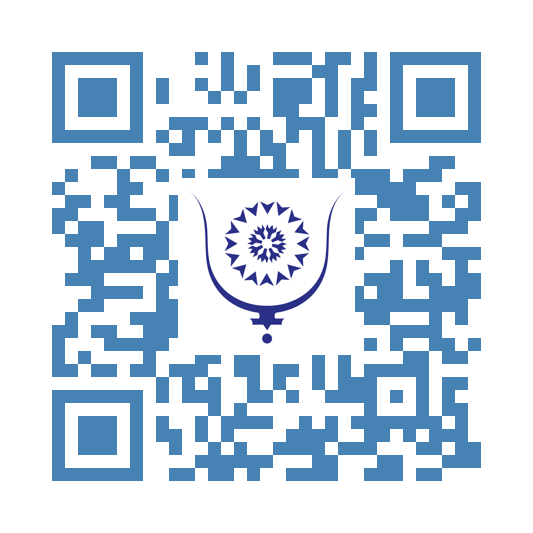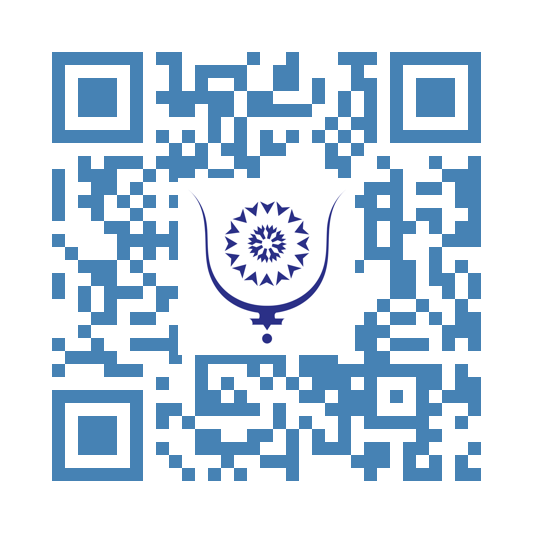"Moyen-Orient : le basculement stratégique vers les monarchies du Golfe" 141
Le Moyen-Orient vit une transformation géopolitique majeure, marquée par un repositionnement stratégique entre Israël, les États-Unis et les puissances du Golfe. Ces dernières, longtemps en marge des alliances traditionnelles ou les subissant, s’affirment désormais comme des acteurs incontournables sur la scène politique, économique et militaire, redessinant des équilibres que l’on considérait historiques voire immuables.
Depuis sa création en 1948, Israël a été le principal allié occidental au Moyen-Orient, notamment des États-Unis, pourtant opposés à leur création au départ, dans une région marquée par des conflits récurrents. Sa politique d’expansion et d’influence, soutenue par Washington, a longtemps cristallisé les tensions avec plusieurs pays arabes et groupes armés. Toutefois, cette posture belliqueuse semble aujourd’hui contestée, tant par ses voisins que par certains de ses alliés traditionnels. En tous cas elle est amplement désapprouvée voire condamnée par la société civile, partout. Cela ne saurait durer.
L’évolution la plus notable dans la région est venue des monarchies du Golfe. Après des décennies d’hostilité, elles ont amorcé un rapprochement historique avec Israël, officialisé par les Accords d’Abraham en 2020, sous l’impulsion américaine. Ces accords, signés notamment par les Émirats arabes unis et Bahreïn, ont ouvert la voie à une coopération renforcée, notamment contre l’influence iranienne, tout en favorisant des échanges économiques et technologiques sans précédent. Les monarchies n’ayant pas signé ces accords, non plus, n’ont aucunement de complexe à traiter avec Israël. Souvent on évoque aussi les relations très fortes entre l’état hébreu et la Turquie notamment depuis que celle-ci est gouvernée par le chantre de l’islamisme que représente Erdogan.
Dans ce contexte en pleine mutation, les États-Unis ont progressivement réorienté leur politique régionale, misant davantage sur les monarchies du Golfe, qui offrent stabilité politique, puissance financière et position stratégique. La présence militaire américaine dans la région, notamment à la base d’Al-Udeid au Qatar, illustre cette nouvelle donne. Lors de la tournée américaine au Moyen-Orient en 2025, près de deux billions de dollars d’investissements ont été annoncés, notamment dans les secteurs de la défense, de la technologie et de l’intelligence artificielle.
Parallèlement, Washington semble adopter une posture plus nuancée vis-à-vis d’Israël, notamment dans le cadre des négociations avec l’Iran, ce qui traduit une diversification des alliances régionales. Israël, malgré son poids militaire, perd progressivement de son influence exclusive, perçu de plus en plus comme un acteur source de tensions. Les dérives de la politique actuelle du cabinet Netanyahu menant un quasi génocide à Gaza, ne sont pas là pour arranger les choses.
Contrairement aux décennies précédentes, les pays arabes, notamment ceux du Golfe, ne répondent plus systématiquement aux provocations israéliennes par la force. Les dirigeants actuels privilégient une approche pragmatique, distinguant désormais la cause palestinienne des actions de groupes armés comme le Hamas. Cette évolution marque un tournant par rapport aux attitudes belliqueuses des régimes militaires du passé. Ces régimes étaient en fait, au fil du temps, devenus des alliés objectifs de la cause sioniste. Hassan II, avant gardiste, avait dit à ce sujet que" La haine d'Israël et du juif est l'aphrodisiaque le plus puissant du monde arabo-musulman"
Les monarchies du Golfe, longtemps porteuses d’un discours modéré et favorable au dialogue, s’imposent désormais comme des modèles régionaux de stabilité et de coopération avec l’Occident, mais également avec les puissances d’Asie.
Le rôle traditionnel d’Israël comme pivot des intérêts occidentaux au Moyen-Orient semble s’effriter au profit d’une dynamique où les monarchies du Golfe prennent le devant de la scène. La multiplication des conflits et la perception d’un Israël de plus en plus isolé sur la scène internationale, ne serait qu’au niveau des populations, fragilisent sa position.
L’Europe, de son côté, même tergiversant, manifeste un durcissement de ton face aux actions israéliennes, notamment après les récents incidents en Cisjordanie où des diplomates avaient été la cible de tirs nourris de la part de l’armée de l’état hébreux. Ce changement d’attitude ne peut que renforcer la légitimité des monarchies du Golfe comme partenaires fiables pour l’Occident car désormais garant de la stabilité et du calme dans la région.
L’organisation récente d’une conférence mondiale sur la question palestinienne au Maroc, signataire des Accords d’Abraham, coprésidée par la Hollande, illustre cette nouvelle dynamique. Le Maroc faut-il le souligner encore une fois est un allié stratégique des monarchies du golfe auxquelles il est lié par de multiples accords, allant jusqu’à la défense. Les propos du ministre des Affaires étrangères marocain, Nacer Bourita, sont on ne peut plus clair quant à la nécessité de condamner tous les extrémismes, sous-entendu l’extrémisme du Hamas mais également celui des composantes du gouvernement actuel d’Israël. Ce discours symbolise l’espoir d’un renouveau politique dans la région insistant sur le respect du droit international et la solution unique possible, celle de deux états vivant côte à côte. C'est la position également de la France dont le président n’hésite plus à parler de reconnaissance de l’état palestinien, en faisant même un élément capital dans ses discussions là où il se rend dans ses multiples visites à l’étranger. Addicte au sang et à la violence, Netanyahu n’hésite même plus à accuser le Président Macron d’être en croisade contre l’état juif. Excusez du peu. Le leader israélien est touché dans le vif et n’a plus d’argument plausible sinon de s’abriter derrière sa définition propre de l’antisémitisme qu’il distribue un peu à tout le monde. Il faut dire que les vétos répétitifs des américains au Conseil de Sécurité, le conforte en quelques sortes dans son délire.
La réaction démesurée d’Israël suite aux attaques insensées du Hamas est devenue contreproductive pour l’état hébreu. Alors qu’il semble perdre son rôle de leader incontesté des intérêts occidentaux dans la région, les monarchies du Golfe apparaissent donc comme les nouveaux stabilisateurs et promoteurs de la paix au Moyen-Orient. Cette recomposition géopolitique pourrait bien redéfinir durablement l’équilibre des forces dans une région marquée par les conflits incessants. L’imbrication forte de l’économie américaines avec celle de ces pays, au vu des derniers investissements annoncés, va inscrire la situation naissante dans une perspective stable et sans doute durable. Les électeurs israéliens ont tout intérêt à le comprendre vite. Dès la prochaine échéance électorale ils devraient se débarrasser définitivement de ces illuminés qui n’ont que la mort à la bouche et l’extermination d’un peuple légitime comme objectif.




